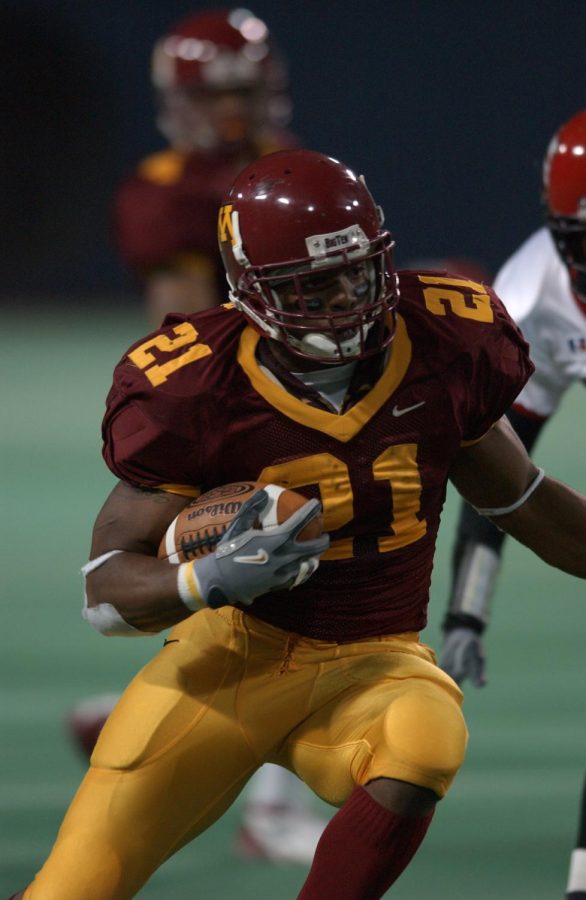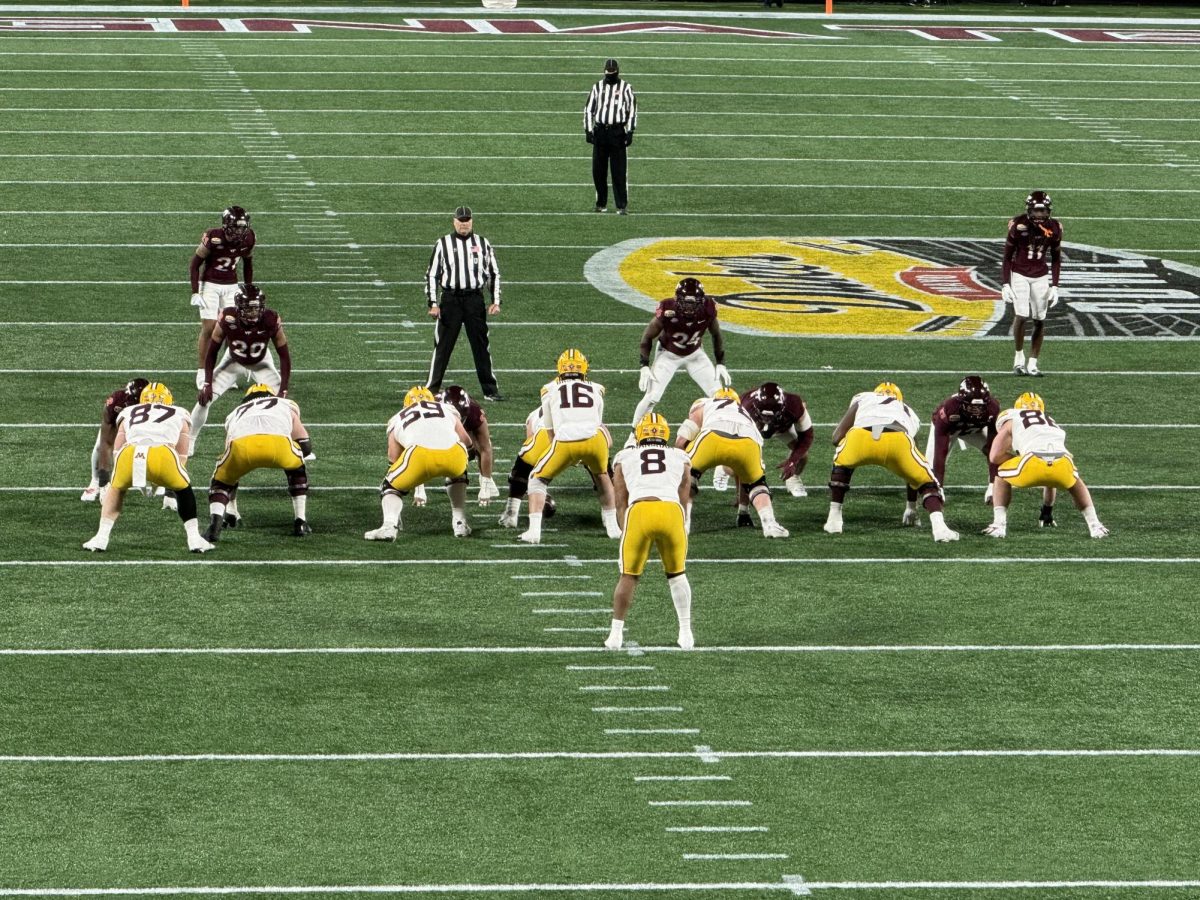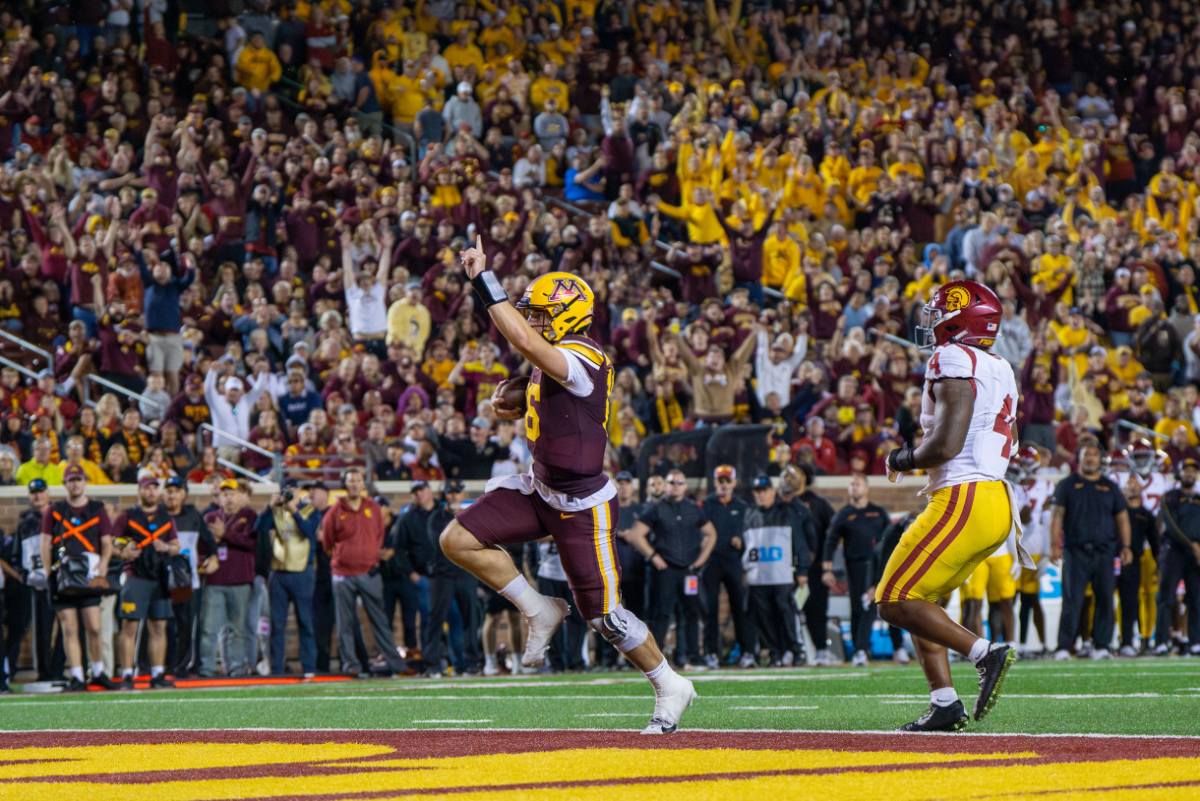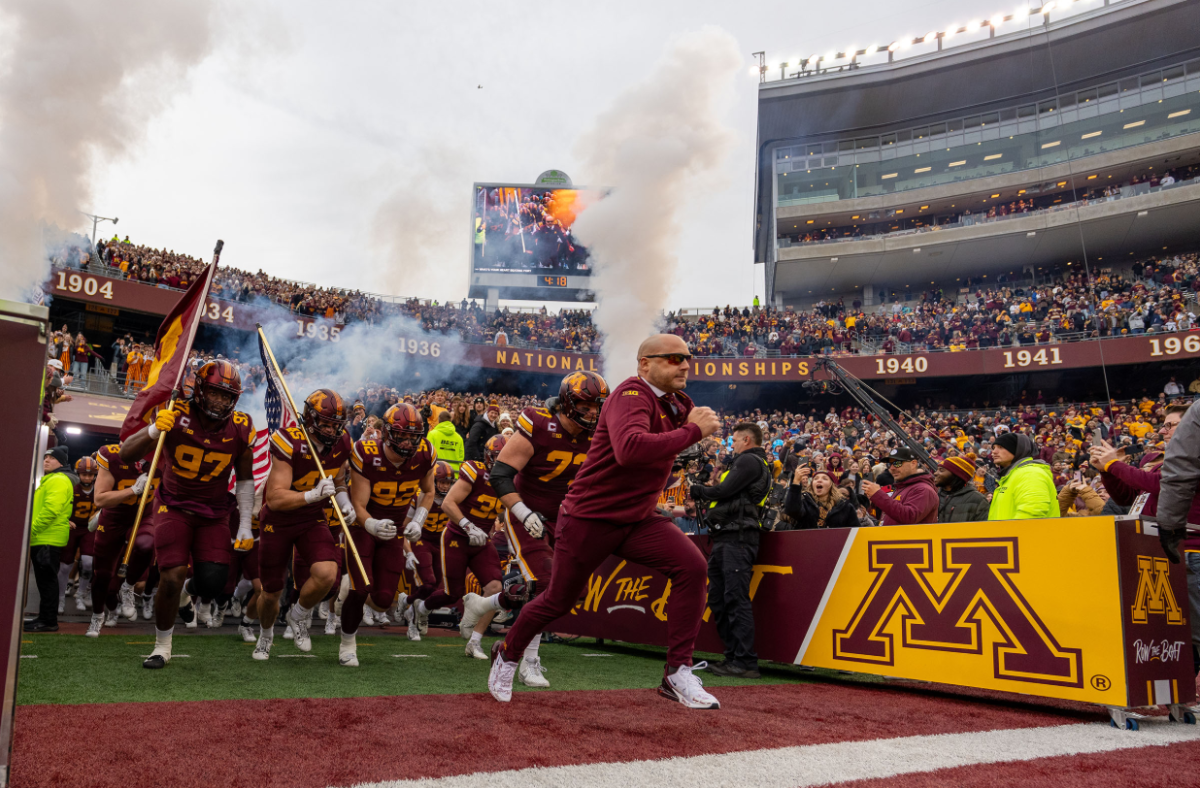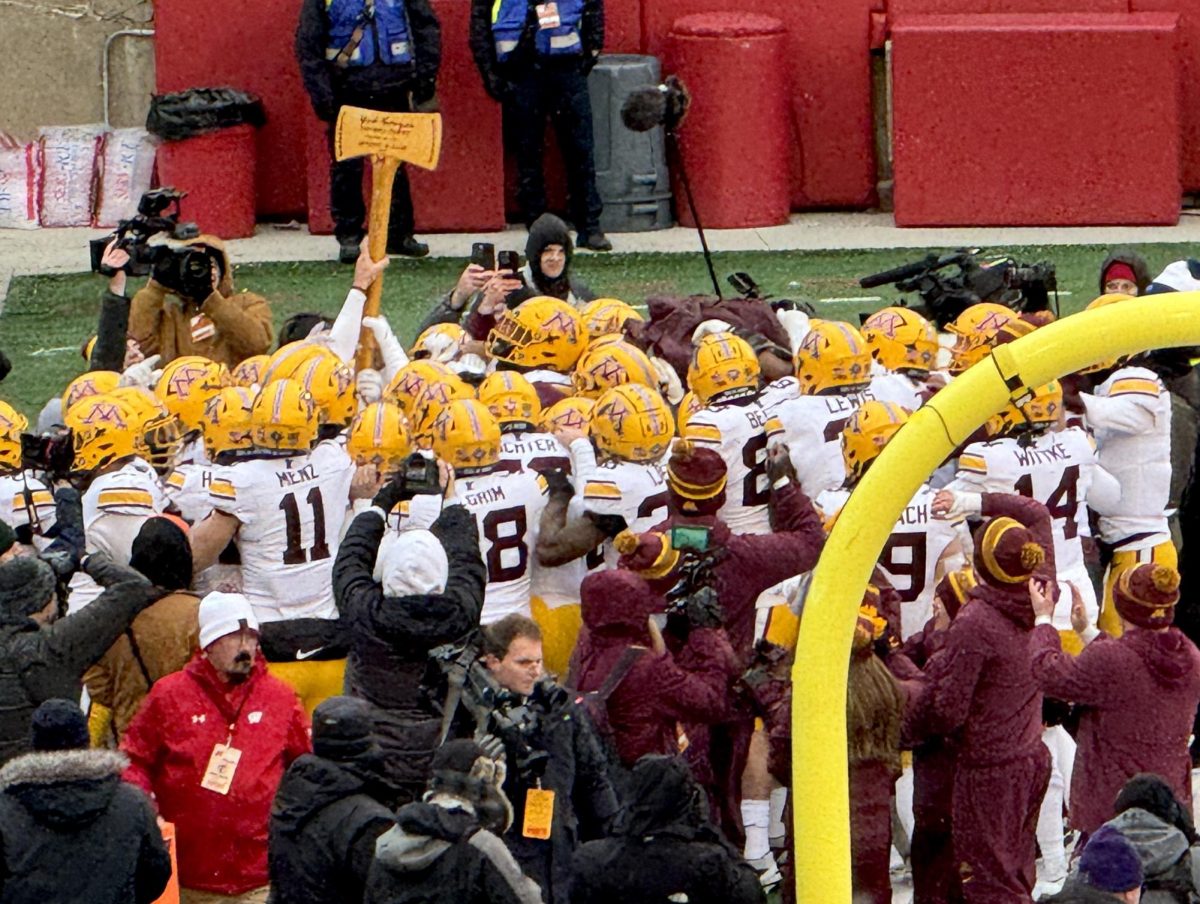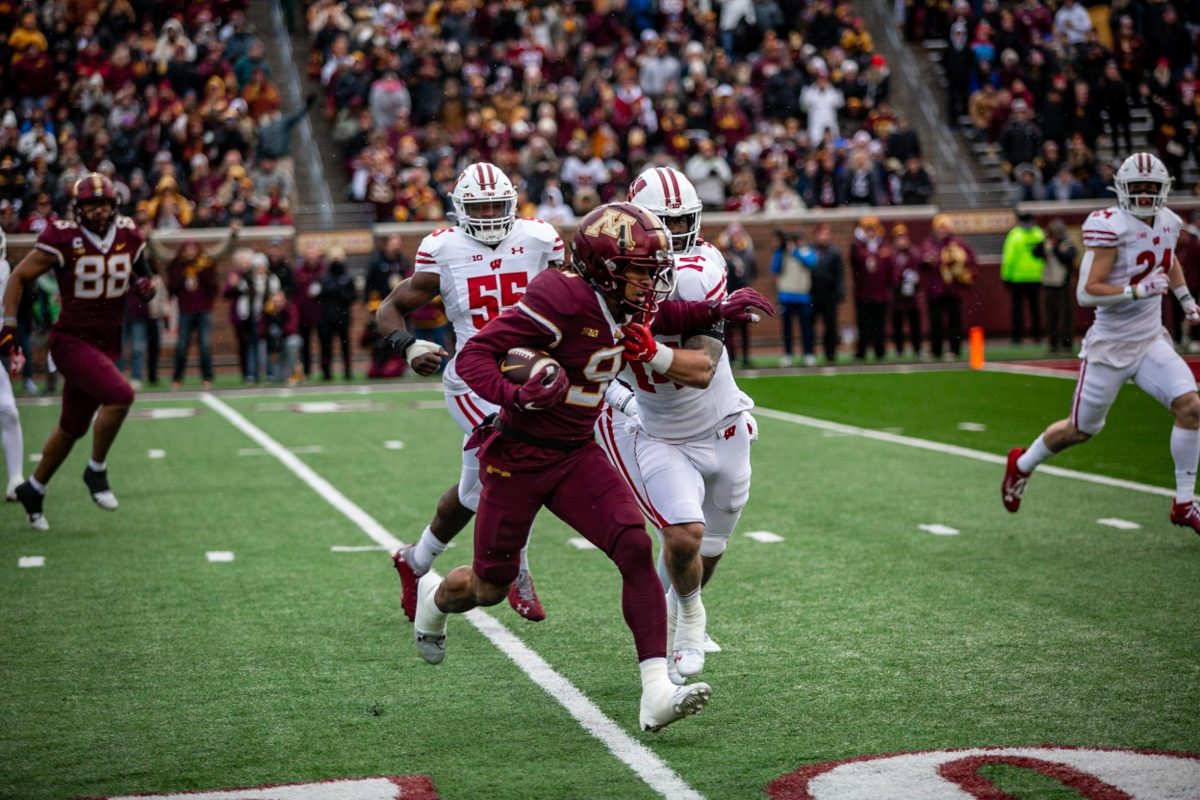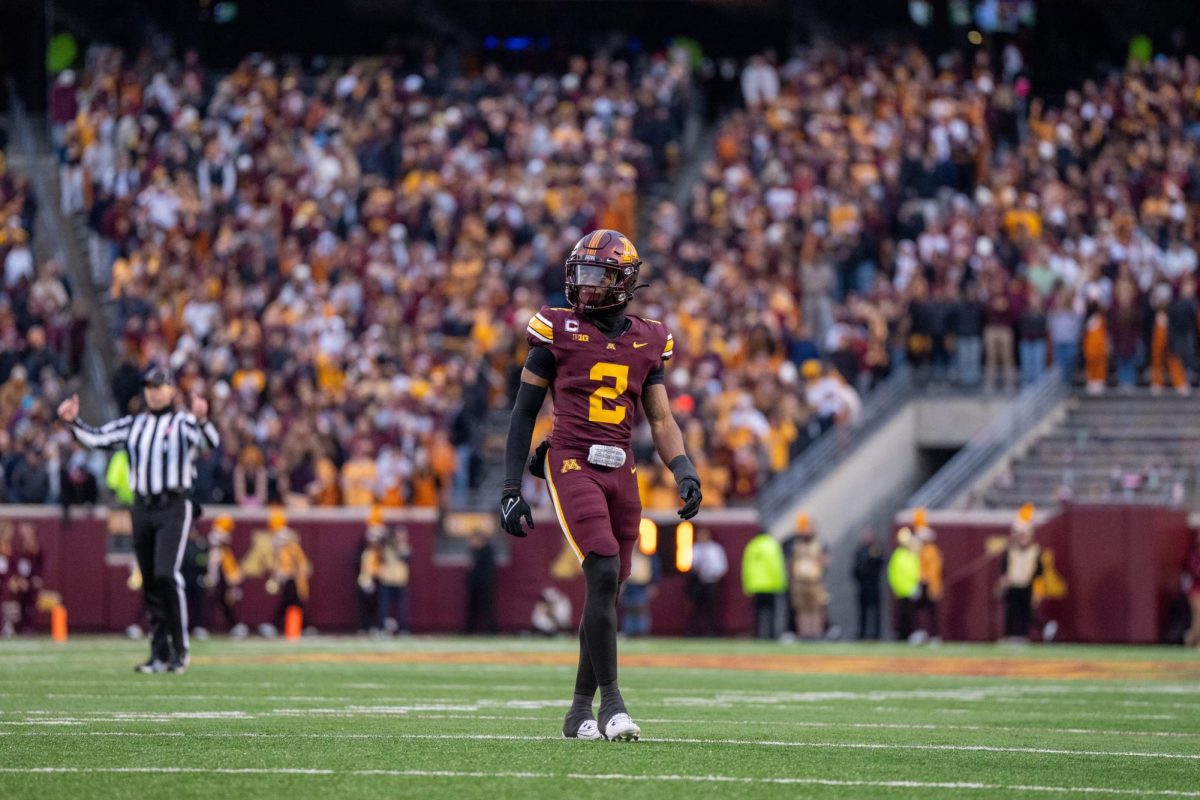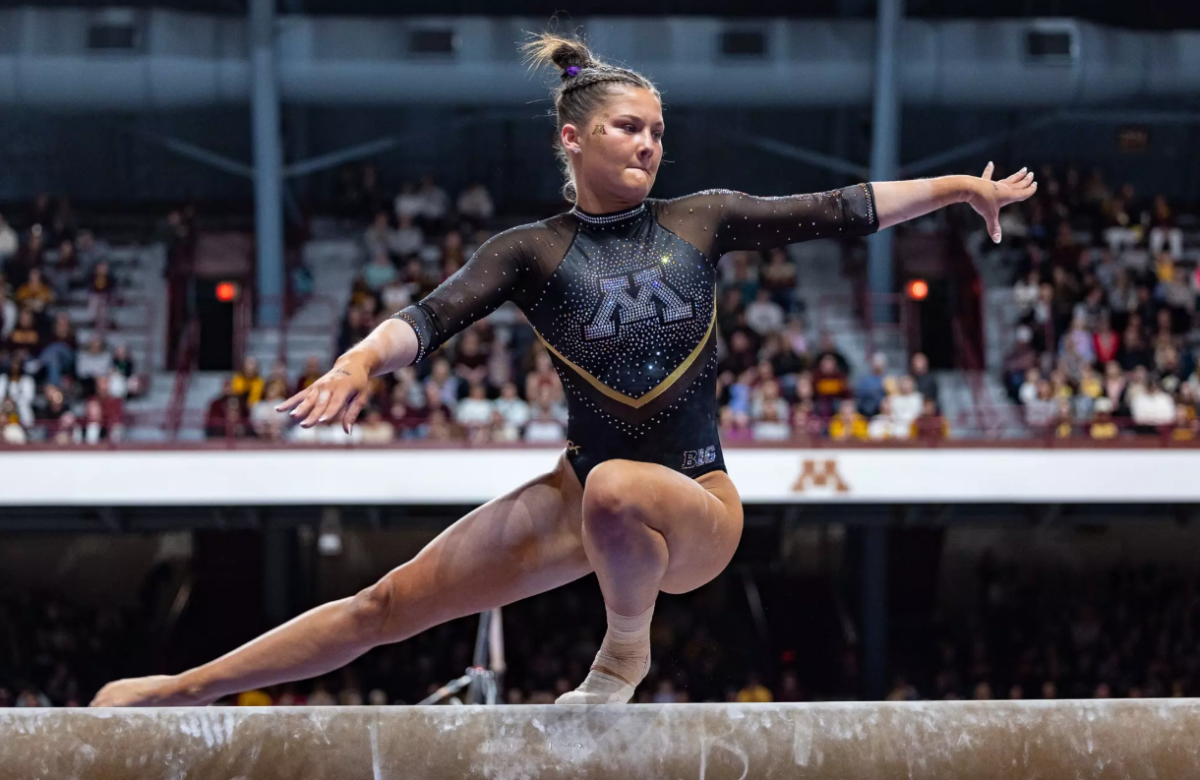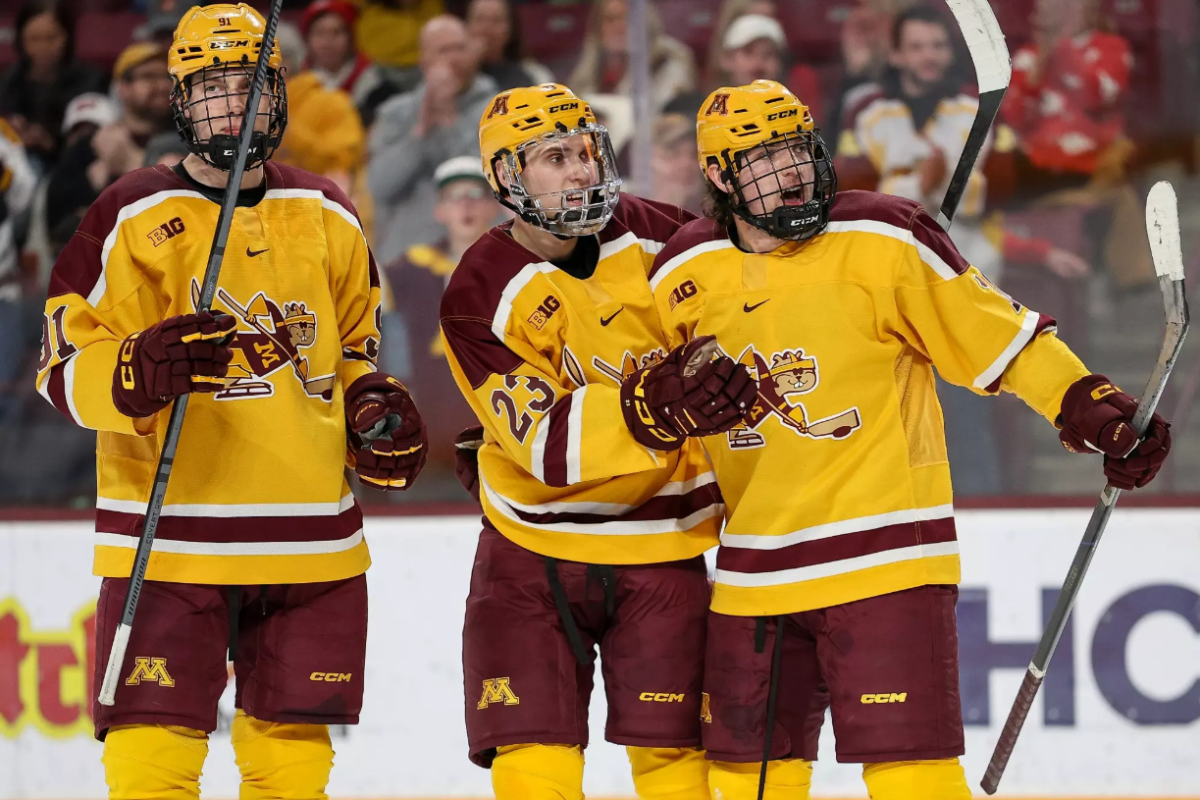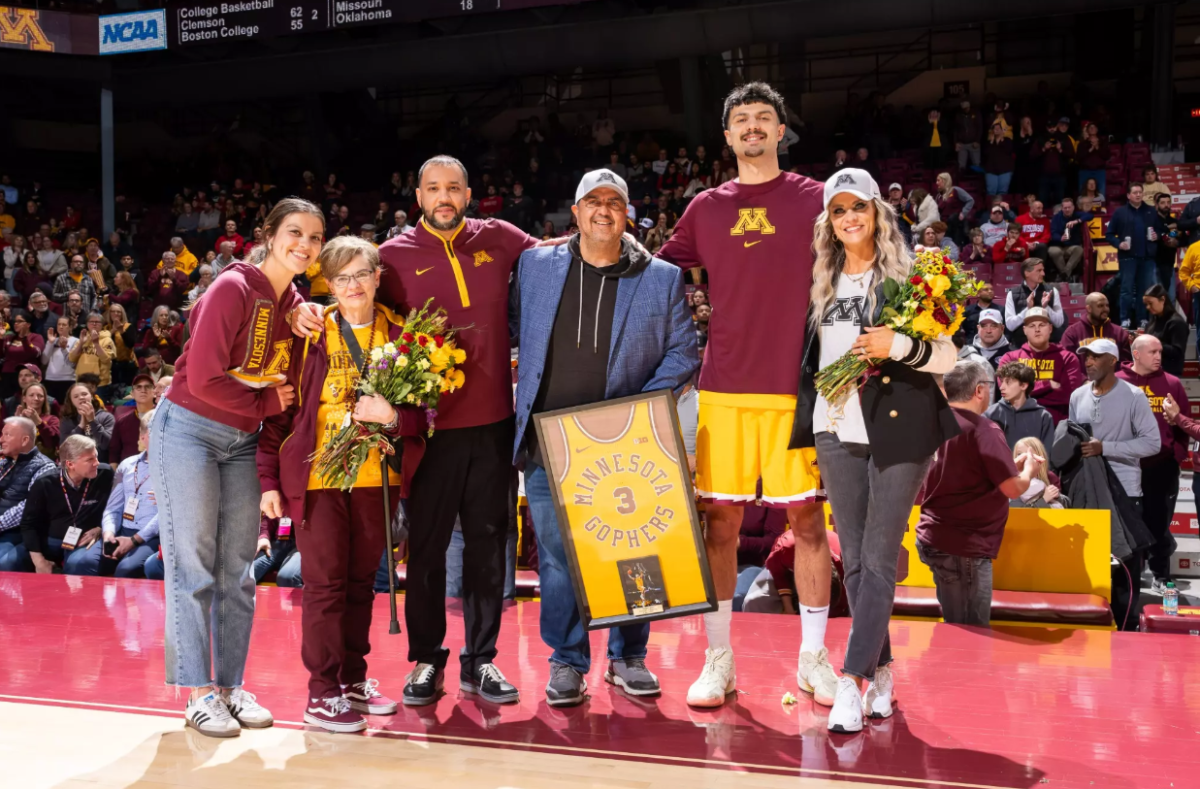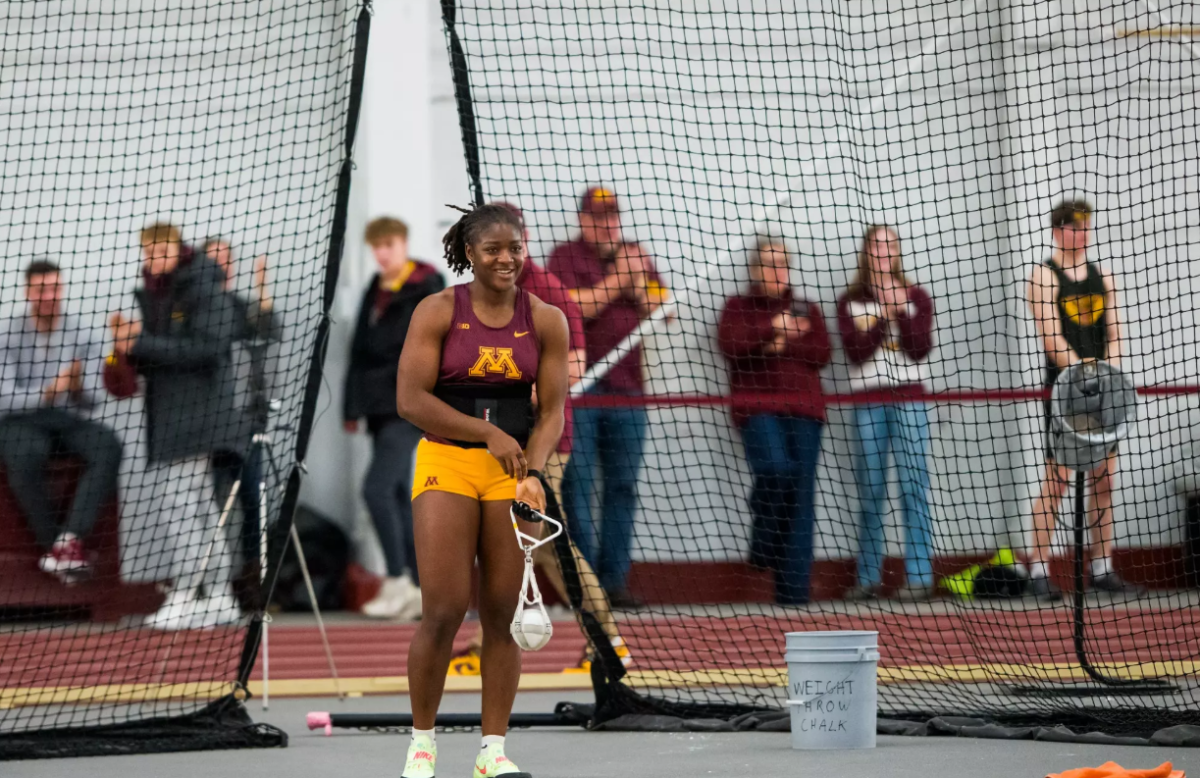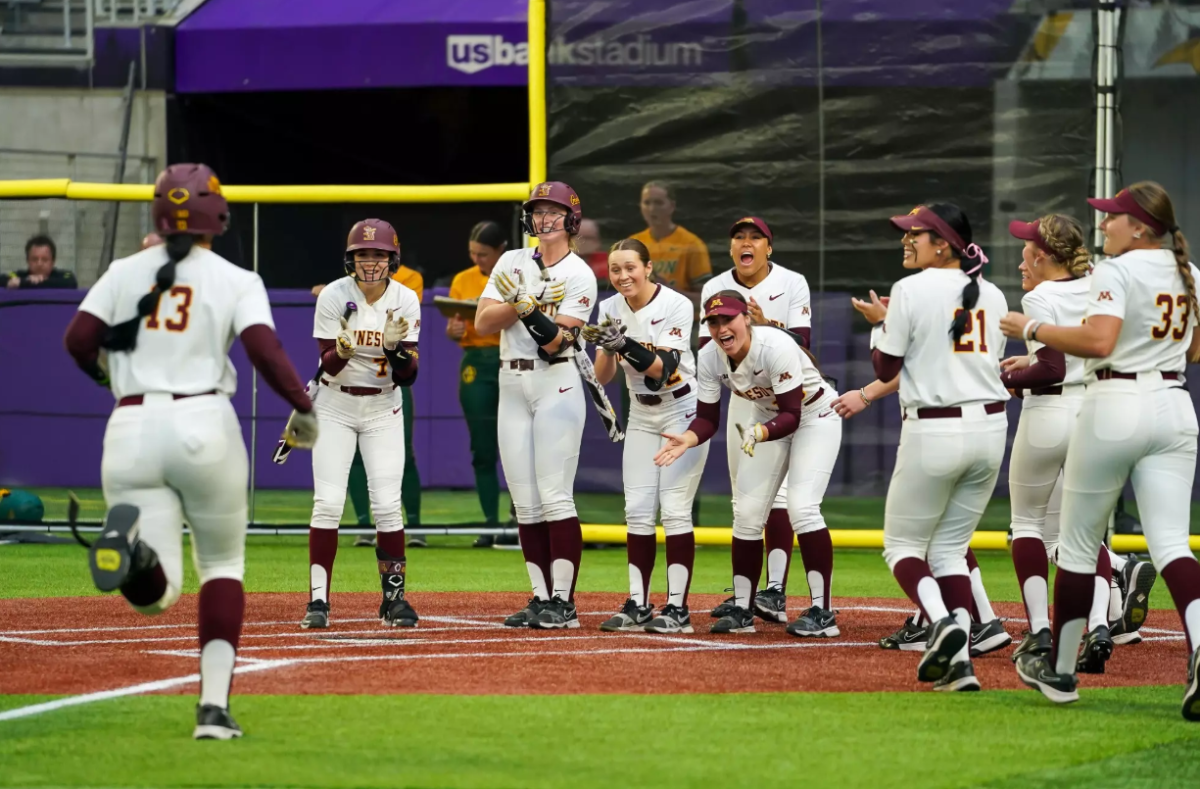Former Gophers football player Marion Sylvester Barber III died June 1, shocking sports fans across the nation. He was 38.
The internet responded by collectively sharing memorable highlights and personal interactions, a testament to the impact he had on many fans’ lives.
His hard-nose style of football embodied the sport’s physicality. He was known to force defenders into missing their tackles. From this, he earned the nickname Marion “The Barbarian” Barber.
The running back helped bring the Gophers to several bowl game wins and placed his name among the best in Gopher history. Even after getting drafted, he never forgot where he came from. In turn, Minnesota never forgot about him.
Barber began his football career at Wayzata High School, where he received All-State honors during his senior year. He committed to the University of Minnesota and played for the Gophers from 2001-04.
In his freshman year, Barber was not expected to take on much production as the backup to junior Tellis Redmon. But as fans now know, Barber would go on to make a career out of this role.
Barber’s breakout game for the Gophers was in his second collegiate game. He tallied 173 yards on 26 attempts and 2 TDs against the Louisiana Ragin’ Cajuns. In the remaining nine games, Barber closed out his freshman year averaging 6.3 yards per carry and scored 5 more TDs.
The 2002 season looked extremely promising for Barber; however, this would be short lived. His sophomore year ended abruptly after two games due to a hamstring injury. The injury proved to be too much to recover from as he decided to redshirt the remainder of the season.
The following year, Laurence Maroney, a three-star running back recruited out of St. Louis, joined the Gophers and changed the trajectory of Barber’s career. For the next two years, the two rushers made history as the greatest split-backfield in Gopher’s history.
The two players devastated opponents through the 2003 and 2004 seasons. Maroney specialized in wearing down defenses with his tireless running style, while Barber had a nose keened in finding the endzone. The 1-2 punch helped the Gophers win 17 games, including two bowl games. In both seasons, the two backs combined for over 4900 rushing yards and exactly 50 touchdowns.
Barber’s most memorable games came from devastating Illinois’ front seven. In his three games against Illinois, Barber totaled 325 yards (7.7 ypc) and 3 TDs. Ironically, he would eventually finish his football career in Illinois playing for the Chicago Bears.
On New Year’s Eve 2004, Barber ran a career high 37 times in his final career game for the Gophers. He scored the team’s only offensive touchdown to help beat Alabama in the Music City Bowl 20-16. Barber was awarded Music City Bowl MVP for his performance. Four months later, the Dallas Cowboys selected him 109th overall in the 2005 NFL Draft.
Barber played for the Cowboys for six seasons and played one more season with the Chicago Bears. He finished his professional career with 6,110 total yards, 59 TDs and 99 games played.
In week six of the 2007 season, the Cowboys hosted the New England Patriots, two undefeated teams clashing for a chance to remain unbeaten. Although the Patriots won the game, it was a run by Marion Barber III that stole the show.
The run is proclaimed to be “The Greatest 2-Yard-Run” in NFL history. It is an unforgettable moment in sports and it epitomizes the relentlessness Barber brought to the field.
Later, in that same season, Barber, along with 12 other Cowboy teammates, was selected for the Pro Bowl. It was not his best year statistically, but he had earned enough admiration from coaches and fans to be considered one of the best running backs in the NFL.
The style of his game eventually caught up to him. His last few years in the NFL were spent recovering from persistent injuries; this, along with other external factors, led to his decision to retire. But that did not stop him from leaving the game of football.
Barber’s passion for helping his community was equally as strong as his running. He organized an annual football camp for children under his namesake foundation. The money used from camp sponsorships would go back to families in Barber’s community. Friends, teammates and players from Minneapolis joined Barber in helping him coach the young athletes. But that did not stop them from having fun themselves.
Barber will be remembered as a man who gave back to his community through his talents and popularity as a football player. He inspired many to believe that every role is important and that success can be achieved at any position.


